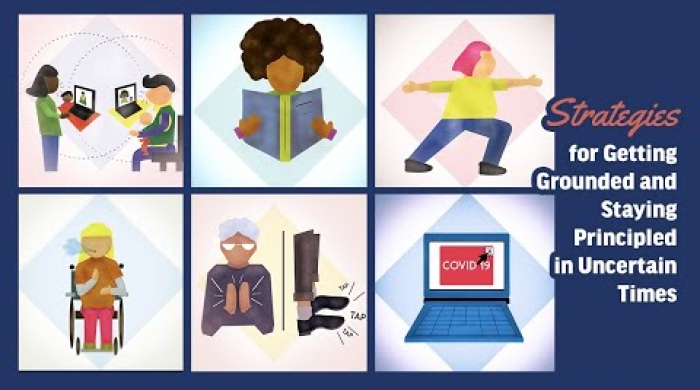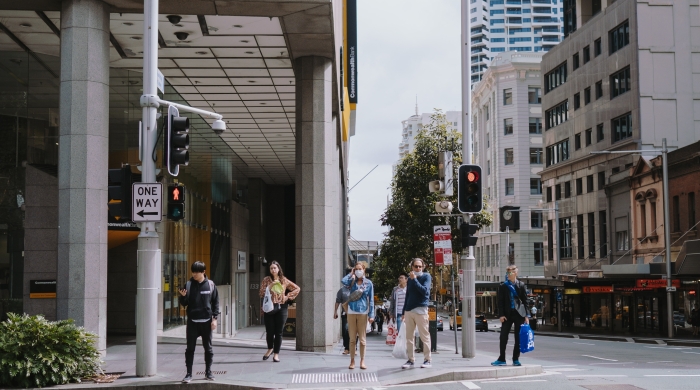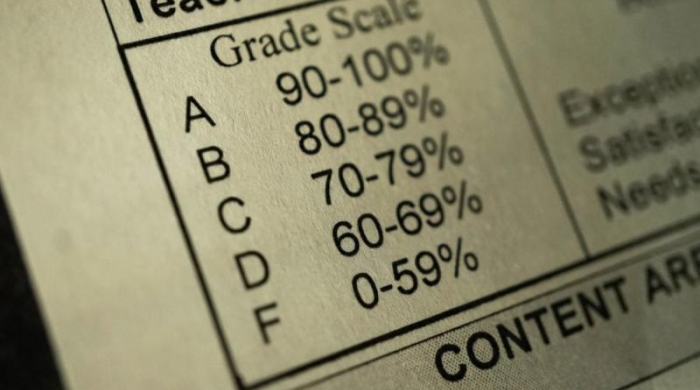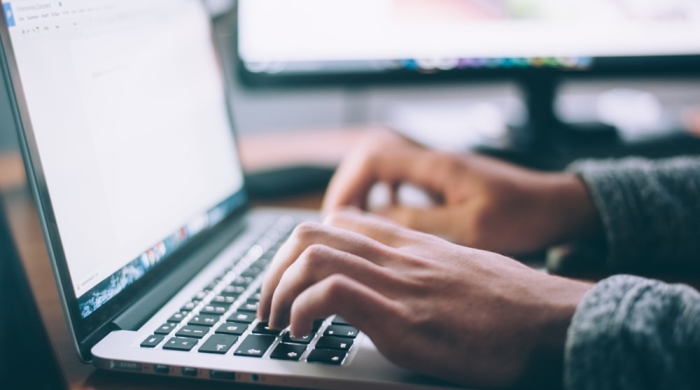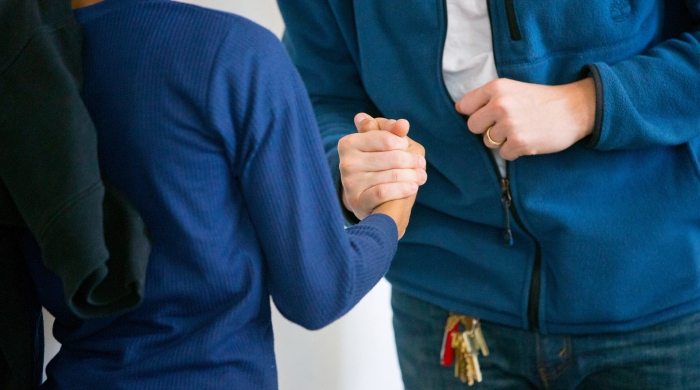The current pandemic has disrupted our lives on a global scale. Most of us are touched, many deeply, by loss or grief. Each day, waves of emotion buffet us, as we strive to keep ourselves, our loved ones, and our communities safe amidst unsettling uncertainty. Our essential workers, in healthcare, grocery, delivery and other industries risk their lives daily to ensure that those who have homes can stay at home. The expanding social and economic consequences of the covid-19 virus have exposed critical shortcomings in the capacity of government structures to protect the average American, let alone the most vulnerable among us. Each day, we see our communities rising to meet the challenges we face or extending to meet a need. As educators, this crisis challenges us to shift power within our lives, to re-evaluate practices and behaviors that we have relied upon in the past, and to create new ways of being with more honor and respect for our individual and collective humanity. As the nation discusses re-opening, we recommend that schools and districts consider continuing to pause because in this moment we don’t need to push forward with business as usual. We need to stop, think, listen, so that we might use this time to improve.
Many of those working throughout our system of kindergarten-through-university education bear witness to the numerous intersectional inequalities facing populations we serve with limited resources. The unacceptable status quo prioritizes productivity, profit, and industriousness at the expense of many people, especially the most vulnerable. In response to sweeping changes brought on by COVID-19, heroic efforts have sought to bring back a sense of “normalcy” and to meet pre-pandemic educational goals and deadlines. As schools and universities go online to continue, we must still hold such educational structures accountable in caring for our students, families, staff, and communities. We urge educators and administrators to slow down and recognize barriers to learning that many students still face. This is a time to learn from Black and indigenous practices of survival and liberation. How can we slow down our traditional classroom process and center the holistic needs of ourselves, our students and families? How can we become better versed in decolonization through encouraging an embodied, creative and sovereign practice of education?
What is needed at this moment is a focus on process. We call for expansive educational practices to meet our individual and collective needs, which are always present but further exposed by this crisis. This means advocating for ourselves and others through an emphasis on radical care. It means creating space to listen deeply to our own experiences and those of others. It also means asking others what support looks like from their perspectives. All assumptions of what is “best” must end, as each day brings a new host of challenges and possibilities and, thus, a new need for everyone to think together creatively about what is needed in the present day to feel safe. How might we use this time to shift our classrooms and curricula from “business as usual” to more evolved learning communities in which students and staff draw upon collective vulnerability as a strength, to help understand and walk alongside each other? Further, how might our online educational communities be shifted into radical laboratories for identifying the persisting issues of inequality that are now deepened in the face of this crisis, and also for imagining new life-encouraging practices and structures that also center the experiences of the most vulnerable? How might administrators, policy makers and others upholding traditional educational structures make space for this radical work that youth and educators are engaging everyday as they try to build learning communities absent traditional classroom gathering spaces? We can look for resources of joy and connection that are resonating and healing the public: like live IG concerts and DJ sets #dnicehomeschool, like Netflix watch parties and yoga classes to balance the grief and anxiety felt by many.
As students, researchers, educators, parents and advocates at NYU Metro Center, we call for our educational community to expand and hold the multiple experiences of whomever we aim to reach at this moment. To dampen our desire to react to uncertainty with rigid rules and protocols, we offer this statement as a call to stop, listen, and learn before we act instead of forging forward with endless worksheets and deadlines. This call grows out of radical love, hope, and care, which we sit at the center of educational transformation. If we don’t make this change, what are we really teaching our nation and the world? We see this as an opportunity to imagine and create ways to work more communally by opening up places for dialogue, reflection, and mutual aid, to improve our classrooms and workplaces before we simply return to them. This is a time of major loss and equally a time ripe for radical imagination. Let’s sit and imagine what we think this world should be.
Resources
This statement centers the wisdom of those who are among the hardest hit by tragedy and yet, are still courageously pushing forward to build spaces for life. I would like to thank and honor the networks of students, educators, families, and communities in Chicago, the San Francisco Bay Area, and the South Bronx who shared their stories with me as the pandemic hit.


